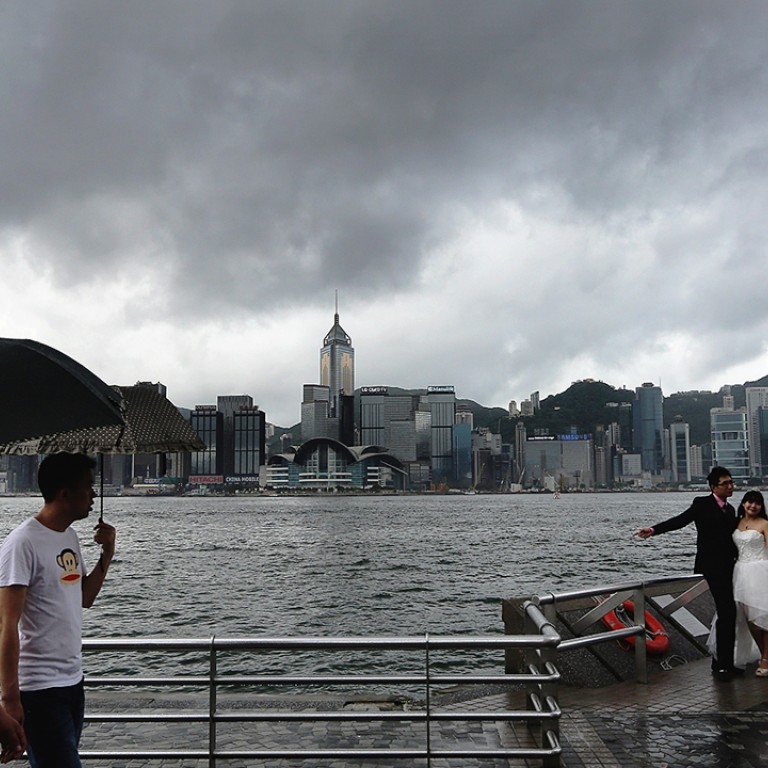
Hong Kong rated only ‘partly free’ in US study on rights and freedoms, behind Taiwan, South Korea and the Philippines
City scored 63 out of 100 points in Freedom in the World 2016 report, while China was rated ‘not free’, with score of 16
Hong Kong lagged behind its neighbours such as Taiwan, South Korea and the Philippines in terms of rights and freedoms enjoyed by individuals, an annual study by a US-based organisation said.
The city is listed as a “partly free” territory, with an aggregate score of 63 out of 100 points in the Freedom in the World 2016 report by Freedom House.
The report evaluated the state of freedom in 195 countries and 15 territories in 2015 by assessing political rights and civil liberties enjoyed by individuals.
READ MORE: Vanishing freedoms? Disappearance of bookseller Lee Bo raises questions about jurisdiction and rights in Hong Kong
Each country or territory is awarded points for various political rights and civil liberties indicators. In addition to being used to calculate the aggregate score, these points also help determine the country or territory’s political rights and civil liberties ratings.
Hong Kong was given a rating of five out of seven for political rights, with one being the freest and seven being the least free. However, it scored a two for civil liberties.
China was listed as “not free”, with an aggregate score of 16. It received the lowest rating of seven for political rights and six for civil liberties.
READ MORE: Freedom is a fundamental pillar of our Hong Kong system
Japan received 96 points in aggregate, the highest score in the Asia-Pacific region. Taiwan and Mongolia scored 89 and 86 respectively, followed by South Korea with a score of 83. All these are listed as “free” countries. The Philippines scored 65, and Singapore scored 51.
The study’s authors said the world was battered in 2015 by overlapping crises that fueled xenophobic sentiment in democratic countries, undermined the economies of states dependent on the sale of natural resources, and led authoritarian regimes to crack down harder on dissent.
They said these unsettling developments contributed to a continual decline in global freedom.
